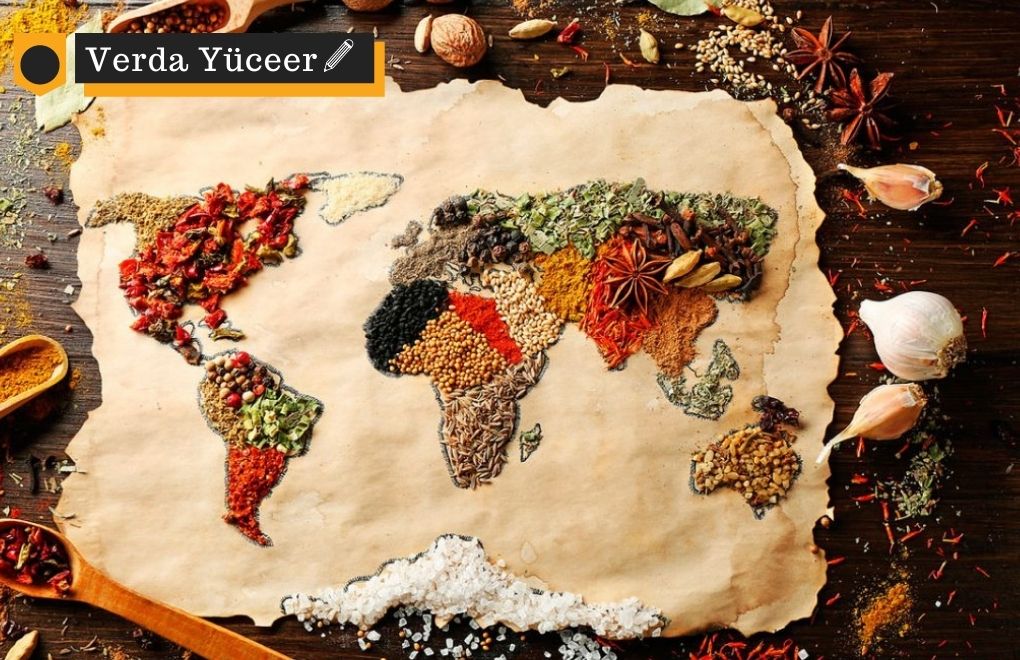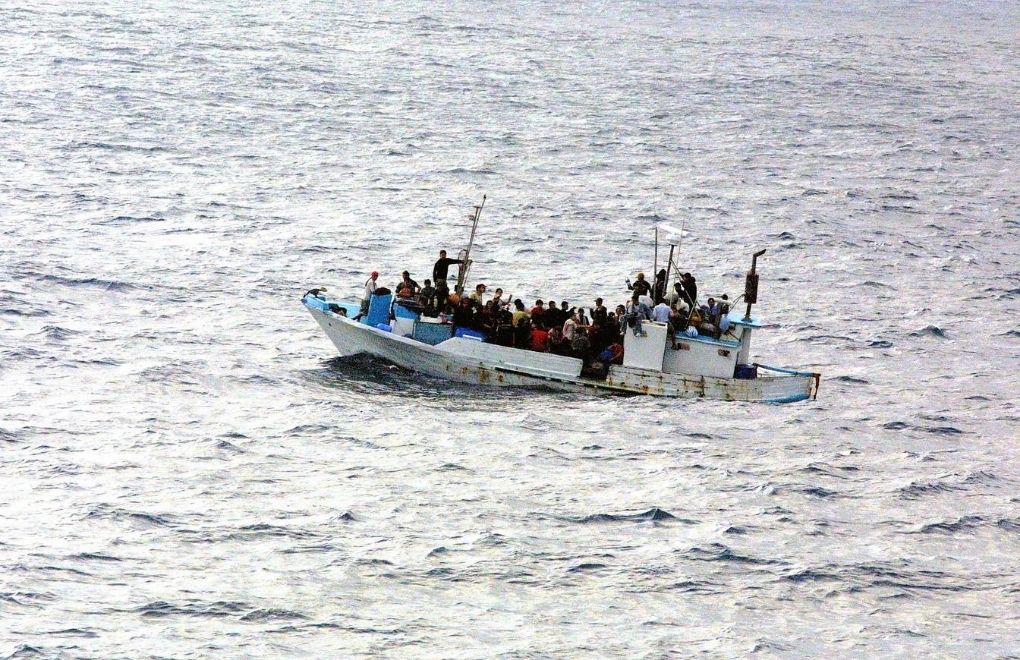BY VERDA YÜCEER
Happy World Food Day!

Click to read the article in Turkish
COVID-19 has shaken us all, it became a constant reminder of how important it is to maintain a healthy lifestyle. At this time of immense global challenges, from conflicts to climate shocks to economic instability, the need to consume nutritious food and the problem of food scarcity got the long-overdue attention they actually needed.
This year's World Food Day (October 16) is devoted to highlighting food and agriculture as a significant part of COVID-19 response with the 2020 theme: "Grow, Nourish, Sustain. Together."
1.9 billion people are food-insecure
It has been appalling whenever I come across the number of food-insecure people in the world. Globally, 1.9 billion people (1 in 4 people) are moderately or severely food insecure.
Whilst the greatest number are in Sub-Saharan Africa and South Asia, moderate food insecurity is a major issue across all regions.
In Asia 513.9 million, Africa 256.1 million, and in Latin America and the Caribbean 42.5 million people are food insecure. Even in developed countries, access and affordability of diverse, nutritious diets are difficult due to the economic shocks and the pandemic.
In the Middle East region, food insecurity, which is closely related to poverty, is most severe in rural areas and concentrated within Syria, Yemen, and Iraq.
World Food Programme (WFP) estimates that 9.3 million Syrians are now food insecure – with an increase of 1.4 million in the last six months alone, Yemen remains the world's worst food crisis as over 20 million (77 percent of the overall population) are food insecure, in need of food aid of which 10 million are acutely food insecure.
There are still children who go to bed hungry
It is also worth mentioning the Nobel Peace Prize 2020 was awarded to WFP "for its efforts to combat hunger, for its contribution to bettering conditions for peace in conflict-affected areas and for acting as a driving force in efforts to prevent the use of hunger as a weapon of war and conflict."
It is extremely hard to understand that there are millions of children who go to bed hungry in 2020. In the twenty-first century, there are still children that have limited access to enough dietary energy, nutritionally diverse diets, and clean drinking water which weakens their health and nutrition status, with serious consequences for their development and long-term productivity.
And life carries on...
One third of all produced food wasted
Food insecurity -the lack of access to sufficient, safe, and nutritious food- exists at some level in every country, meanwhile, approx. one-third of all of the food produced in the world is lost or wasted, equating to approximately 1.3-1.6 billion tons of food with a value of 1.1 trillion euros each year. This is the equivalent of six trucks of edible food lost or wasted every second.
It is difficult to imagine reaching zero hunger, with the forecasted rapid growth in the global population and food demand in the next decade, especially when there is so much food lost or wasted.
Time to feel responsibility and take action
Regarding household-level food waste, for instance, in the USA people waste roughly 40 percent of their food at homes, much of it is perfectly edible and nutritious. In Turkey, 2 billion euros worth of food is being wasted with an estimated 60 percent still being edible.
Food is lost or wasted for a variety of reasons. While bad weather, processing problems, overproduction, and unstable markets cause food loss long before it arrives in a grocery store; overbuying, poor planning, and confusion over labels cause food waste at stores and homes.
And now imagine the number of hungry people that could benefit from this unsold or unused food.
There are many initiatives in the world trying to find new ways to reduce food waste. It is time for all of us to feel the responsibility and take action on an individual level. Grow, Nourish, Sustain, Be responsible, Donate. Together. Happy World Food Day...
About Verda YüceerShe has been working for humanitarian and development projects in Lebanon, Iraq, Jordan and Turkey. She is holding a Bachelor's degree from Ankara University, International relations department and a Master's degree from the Middle East Studies at Middle East Technical University. Currently, she is working for the UN World Food Programme based in Istanbul and is a Phd candidate at Kadir Has University, International relations department. |
(VY/SD)






